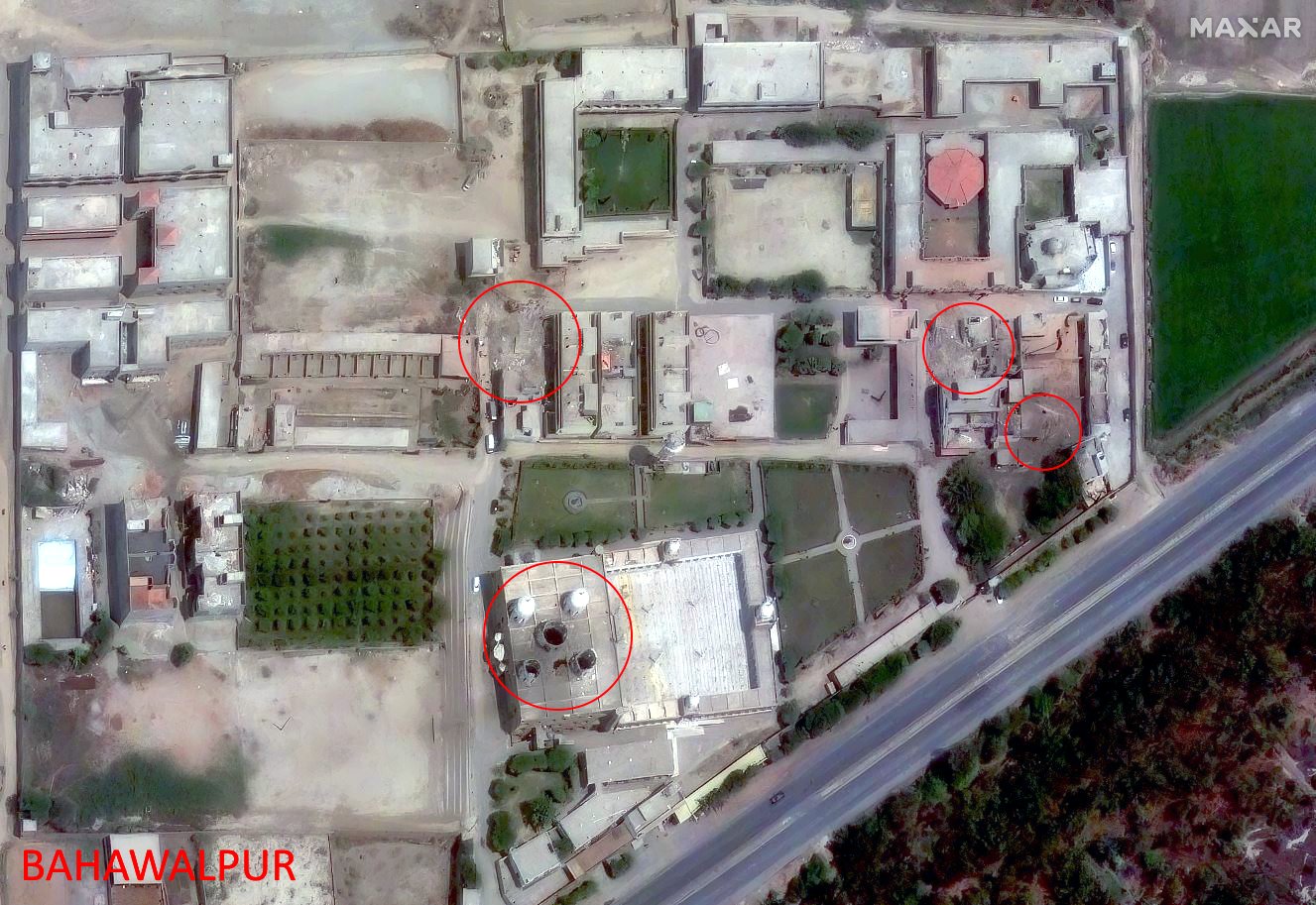Dear reader, The week ended with the arrest of a retired police officer and a prominent activist, who played a visible role in the slow and tortuous process of justice that began in the aftermath of the communal violence in Gujarat 2002. The FIR on Saturday took its cue from a Supreme Court verdict on Friday. The arrests of RB Sreekumar and Teesta Setalvad don't just pose question marks for both individuals and public figures. They appear to turn on its head a process that has spanned nearly two decades in larger ways. As the SC verdict in the closure of a Gujarat 2002 case becomes the beginning of new cases against those standing with the petitioners, it also raises an apprehension: Does the fact that the FIR is based on observations of the apex court increase the possibility of pre-disposing due process against Sreekumar and Setalvad? On Friday, the Supreme Court had placed, in its own words, "in the dock", those positioned on the side of the petitioners, as it dismissed a petition by Zakia Ehsan Jafri, wife of the Congress MP who was killed along with 68 others at Ahmedabad's Gulberg Society in 2002. Jafri's petition challenged the SIT's closure report which discarded allegations of a larger conspiracy by high state functionaries in the Narendra Modi government in 2002. The FIR against Sreekumar and Setalvad quotes extensively from the SC verdict and its annexures. On those who, in its view, tried to "keep the pot boiling, obviously, for ulterior design", the SC said: "…all those involved in such abuse of process need to be … proceeded with in accordance with law". The same court has, over the years, taken unprecedented steps towards securing justice for victims and survivors of Gujarat 2002 - on whose behalf Sreekumar and Setalvad, among many others, have intervened and worked. Among the unprecedented steps that the Supreme Court took: It stayed the trials in sensitive cases amid allegations of grave lapses in investigation and accusations that public prosecutors of a particular party were being appointed to argue for the state. Later, it directed the setting up of designated fast track courts for hearing cases on a day-to-day basis. Cases were shifted outside Gujarat because of the Supreme Court's intervention. In the Best Bakery case in Vadodara, for instance, in which 14 were killed, after the Gujarat High Court upheld the acquittal of all the accused by a trial court citing lack of evidence as key witnesses turned hostile, the SC termed the acquittal "miscarriage of justice", directed reinvestigation and retrial and moved the case to Maharashtra, saying justice would not happen in Gujarat. The intervention by the Supreme Court resulted in the reopening of nearly 2,000 post-Godhra riots cases. The SC set up the SIT following complaints that the Gujarat Police - under CM Modi - was not serious about investigating the anti-Muslim violence. Now, more than two decades later, the impression that the apex court's verdict on Friday is not just about a specific case where the evidence did not add up, and that it signals a larger reversal, would appear to be strengthened by the FIRs and arrests the very next day. The arrests of Setalvad and Sreekumar come in a climate in which agencies of the state routinely target the ruling establishment's critics or political opponents, apart from citizens who protest - as a report in this paper reveals, the Enforcement Directorate has turned its gaze on people who participated in two recent protests, against now-suspended BJP spokesperson's comments on the Prophet, and against the Agnipath scheme. In such a climate, the speedy arrests in the wake of the SC verdict - based on the court's verdict - raise questions about state vindictiveness, independence of institutions and insulation of due process from power and the powerful. These are large and disturbing questions. Till next week, Vandita | 
No comments:
Post a Comment